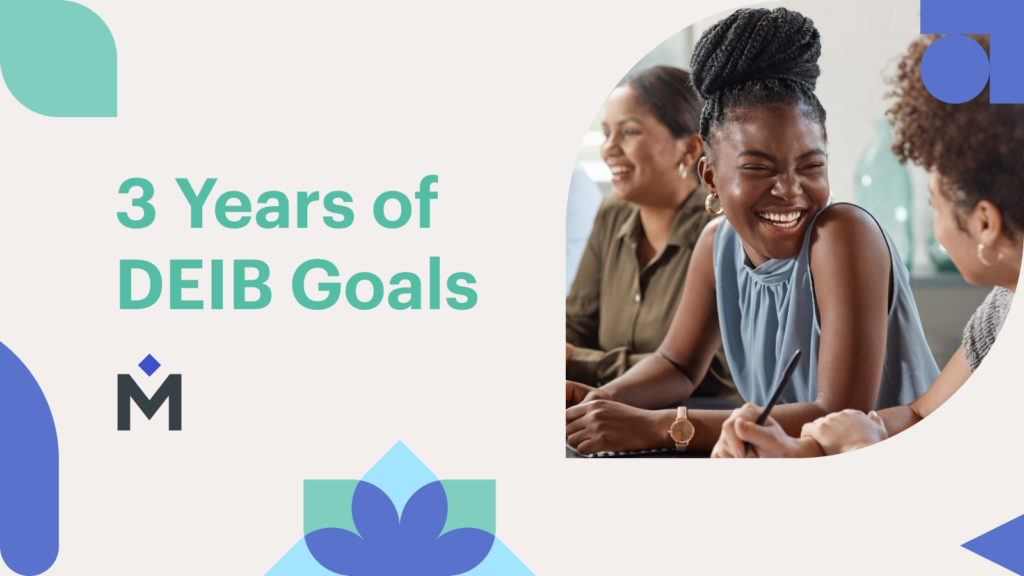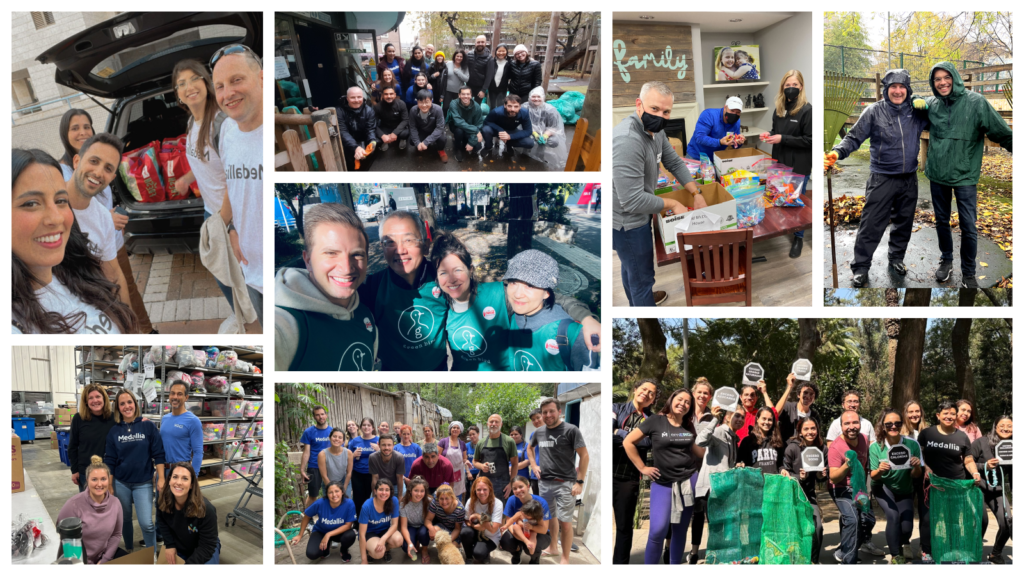Raising Awareness for Suicide Prevention
September 10, 2020
Medallia Culture
Suicide is one of the most challenging and heartbreaking issues facing our country today, and as a Veteran, one especially close to my heart. According to the American Foundation for Suicide Prevention, 48,344 Americans died by suicide in 2018. The suicide rate for Veterans is 1.5 times higher than for non-Veterans, and more than 6,000 veterans have died by suicide every year from 2008 to 2017, according to the most recent U.S. Department of Veterans Affairs’ suicide prevention report released in 2019.
September is Suicide Prevention Month, and it is more important than ever this year. Since March, the country has faced ongoing health concerns over COVID-19, increased unemployment and social distancing mandates that could lead to feelings of loneliness and social isolation.
It’s no surprise the most recent Kaiser Family Foundation (KFF) tracking poll shows 53% of adults in the U.S. report their mental health has been negatively impacted because of the worry and stress over the pandemic. Experts believe these factors could lead to another crisis, an increase in suicides, if we all don’t help raise awareness and do our part to prevent more tragedies.
Reaching Out to Help
The White House last year launched PREVENTS — the President’s Roadmap to Empower Veterans and End a National Tragedy of Suicide — and created an interagency task force co-chaired by the secretary of the VA that partners with stakeholders across the public and private sectors.
Last month, PREVENTS launched Reach, a public health campaign focused on suicide prevention. The initiative asks all Americans to pledge to help support suicide prevention and the website details the mission:
We must change the way we think about, talk about, and address emotional pain and suffering. Suicide is preventable – but only if we empower ourselves and others with the knowledge, tools and resources we need to reach those who feel hopeless.
It requires courageous leadership at all levels. We must creatively find ways to proactively connect through experiential outreach to reduce isolation and help those struggling. This requires a whole community approach with engagement from federal, state and local agencies, the private sector, non-profits, healthcare and more. It must be a collaborative effort to succeed in preventing suicide.
The website features a comprehensive list of resources for Veterans and non-Veterans alike, including the National Suicide Prevention Lifeline — 1-800-273-8255 — that provides 24/7 confidential support for people in distress.
Listen, Understand and Act
Last year the VA shared how it was using artificial intelligence technology leveraged by the customer feedback industry in partnership with Booz Allen Hamilton, Deloitte, Medallia, and Halfaker to detect and respond to Veterans in crisis. In 2017, the VA began digitally collecting feedback from Veterans and using it to measure trust in the VA. The VA’s Veterans Experience Office leverages AI to identify Veterans in real-time that may be in crisis. Alerts are routed to the Veterans Crisis Line for immediate assistance. The VA was able to provide assistance to thousands of Veterans in need within minutes.
Listening, understanding and taking action are the critical things we can all do to help prevent suicide. The Idaho Division of Veteran Services is now leveraging technology in a similar fashion to do just that, which is even more important today with the pandemic limiting some in-person services.
“Many Veterans experience things that change their understanding of what’s ‘normal’ in the world,” said Marv Hagedorn, Chief Administrator, Idaho Veterans Services. “Knowing there is someone they trust that has also experienced these things who they can confide in is critical to them coming to grips with those experiences. Offer to be someone who cares about the well being of our Veterans, they need to know and feel their value after transition from their military experiences into the much calmer private sector. It starts with listening. This is how we are approaching caring for our Veterans in Idaho. Listening, and addressing their needs.”
Doing Our Part
We all have the ability to make a difference and help save a life. To do so on an individual level, we need to listen, understand and look to take action when we see someone in need. The pandemic has magnified many challenges that can lead to or exacerbate mental health issues for everyone. It is an opportunity for each of us to own the moment, by taking a moment, to put empathy into action.
There are numerous ways to get involved to help. I hope this September raises more awareness for suicide prevention, and we all continue the fight long after the month ends.






